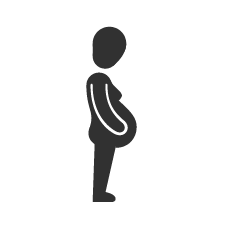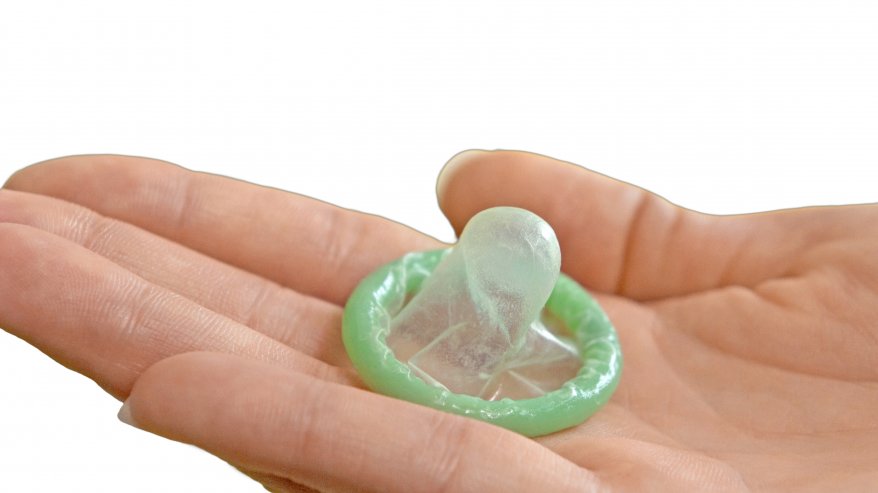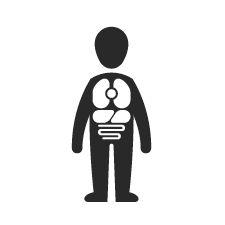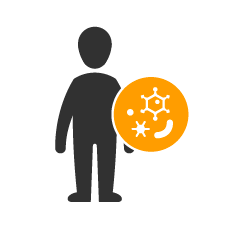The contraceptive implant is a method of contraception.
The contraceptive implant is a flexible plastic rod the size of a match. It contains 1 hormone. This hormone prevents ovulation. It also makes it more difficult for sperm cells to enter the uterus and reach the egg cell.
How does the contraceptive implant work
A doctor, public health nurse or midwife inserts the implant. You will have a local anaesthetic, and the rod is inserted with a needle just below the skin on the inside of your upper arm. This is practically painless.
The contraceptive implant works for 3 years. After 3 years it needs to be replaced.
Reliable
The contraceptive implant is very reliable if used correctly. However, some medicines against HIV will reduce the effect.
Impact on your health
The contraceptive implant contains 1 hormone. This hormone does not generally affect your health.
The implant does not make you less fertile. If you want to get pregnant, you just have the implant removed.
During the first months of use, you may have side-effects such as tender breasts, headache, mood swings and irregular menstrual periods. The side effects are always most severe in the beginning, and usually go away on their own within three months. If the problems do not go away you can change to a different contraceptive method.
The effect of the contraceptive implant on the menstrual cycle varies widely. Some women stop having menstrual periods, whereas others continue to have periods, but the periods are usually less heavy. Some women get irregular periods that come and go.
Protection against STIs and HIV
The contraceptive implant does not protect against STIs or HIV. Only a condom can protect you.














